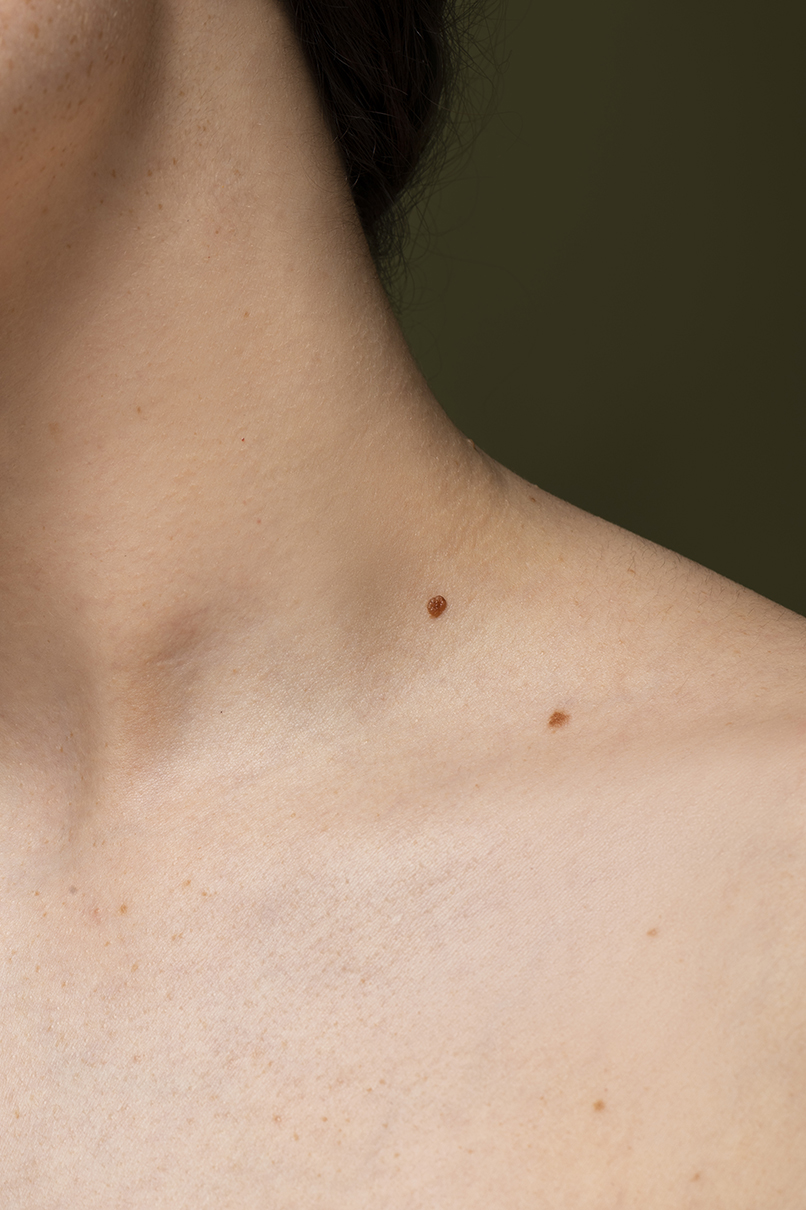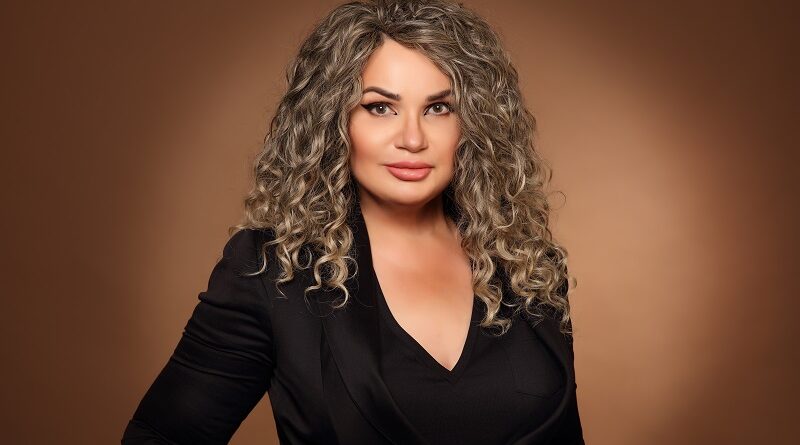
Schedule Your Consultation with a Trichologist in London Today
Why See a Trichologist?
Experiencing hair loss, scalp irritation, or other hair-related issues? A trichologist in London is your go-to expert. Specializing in the health of hair and scalp, a trichologist in London uses advanced diagnostic tools like trichoscopy to get to the root of your problems, ensuring personalized and effective solutions.
What to Expect During Your Appointment
When you visit a trichologist in London, be prepared for a detailed interview that covers various aspects of your health and lifestyle. Understanding these factors is crucial as they often contribute significantly to the health of your hair and scalp.
Here’s what you’ll discuss with your trichologist in London:
- Discuss any troubling symptoms, their onset, and progression.
- Have symptoms worsened recently? Your trichologist in London wants to know.
- Share your current and past medications.
- Discuss any coexisting health conditions with your trichologist in London.
- Recent diet changes? Started a new diet plan or attempted weight loss? Tell your trichologist in London.
- Have you seen another specialist? Your trichologist in London will need all the details.
- Describe your daily hair care routine to your trichologist in London.
- What products do you use? How often do you wash and treat your hair?
- Discuss your scalp care practices, such as exfoliation, with your trichologist in London.
- Taking any supplements? They might be impacting your hair health, so inform your trichologist in London.
- Any recent infections or fever can be relevant. Discuss these with your trichologist in London.
- Stress can affect your hair health significantly. Share your recent stress levels with your trichologist in London.
Frequently Asked Questions (FAQs)
A trichologist is a specialist who focuses on the health of the hair and scalp. They diagnose and treat disorders related to hair loss, hair breakage, scalp conditions such as itching and flaking, and more complex scalp diseases. Trichologists use scientific methods, thorough history taking, and clinical assessments to determine the root causes of hair and scalp problems.
During your first consultation, the trichologist will conduct a thorough interview and examination of your hair and scalp. You may be asked about your medical history, lifestyle, diet, hair care routine, and any specific symptoms you are experiencing. In some cases, the trichologist may use diagnostic tools like trichoscopy to closely examine the scalp and hair. The initial visit usually lasts between 45 to 60 minutes, depending on the complexity of your case.
To get the most out of your appointment, it is advisable to come prepared with a list of any medications you are currently taking or have taken recently, as well as any dietary supplements. It’s also helpful to have a rough idea of your hair care routine and any significant changes in your diet or lifestyle that have occurred. If you have any previous medical records or test results related to your hair and scalp health, bring those along as well.
Treatment plans vary widely depending on the diagnosis. A trichologist might recommend topical treatments, oral medications, dietary adjustments, or lifestyle changes to address your hair and scalp issues. In some cases, they might also suggest therapeutic treatments such as scalp massages or laser therapy. For more severe conditions, a referral to a dermatologist or other medical professionals might be necessary.
Trichology services are not typically covered by health insurance as they are considered specialist services. However, some insurance plans might reimburse you for consultations and treatments related to specific medical conditions. It is recommended to check with your insurance provider for the details of what is covered under your policy.
The number of visits required can vary greatly depending on the nature and severity of your hair and scalp condition. Some conditions may need only a few sessions, while others might require ongoing management. After your initial consultation, your trichologist will provide you with a treatment plan that includes the recommended number of follow-up visits.
Hair and scalp treatments can take time to show results. It’s important to follow the treatment plan and attend follow-up appointments as recommended by your trichologist. If you are not seeing improvements within the expected timeframe, discuss it with your trichologist. Adjustments to your treatment plan may be necessary based on your progress.



